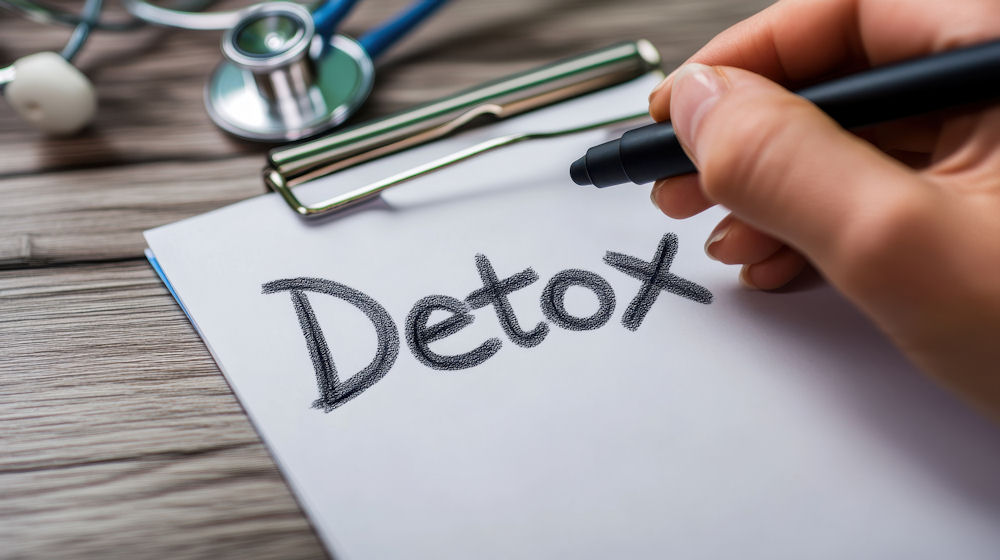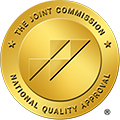This process is particularly important for individuals dependent on substances that cause severe withdrawal symptoms, such as alcohol, opioids, benzodiazepines, and stimulants. Medical detox ensures that individuals can begin their recovery journey in a safe and supportive environment.

The Importance of Medical Detox in Addiction Recovery
Additionally, medical detox provides a foundation for long-term recovery by:
- Stabilizing the individual physically and emotionally.
- Preparing them for subsequent treatment programs, such as therapy or counseling.
- Reducing the likelihood of relapse during the vulnerable withdrawal phase.
By choosing to undergo medical detox, individuals gain access to a structured environment where their safety and well-being are prioritized.
Who Can Benefit from Medical Detox?
- Have been using drugs or alcohol for an extended period.
- Experience withdrawal symptoms when attempting to stop using substances.
- Have previously relapsed in response to withdrawal symptoms.
- Have co-occurring mental health conditions that complicate the detox process.
- Have a history of unsuccessful detox attempts.
If you are unsure whether medical detox is right for you, consulting a healthcare professional or addiction specialist can provide clarity and guidance.

Common Substances That Require Medical Detox
What to Expect During the Medical Detox Process
Upon arrival at a detox center, patients undergo a thorough evaluation to determine their medical history, substance use patterns, and overall health. This helps create a personalized detox plan that speaks to their needs.
During this phase, patients receive medications and supportive care to manage withdrawal symptoms and ensure their comfort. Medical professionals are often on hand to ensure a quick response in case of potentially dangerous side effects.
After completing detox, individuals are encouraged to continue with therapy, counseling, or rehabilitation programs to address the root causes of addiction and build coping skills. Support during detox can often lay the foundation for effective treatment completion.

Medications Used in Medical Detox
Commonly used medications include:
- Methadone: Often used for opioid withdrawal to reduce cravings and discomfort.
- Buprenorphine: A partial opioid agonist that helps manage opioid withdrawal symptoms.
- Benzodiazepines: Prescribed for alcohol or benzodiazepine withdrawal to prevent seizures and anxiety.
- Naltrexone: Reduces cravings for alcohol and opioids.
- Clonidine: Alleviates symptoms like sweating, agitation, and muscle aches.
These medications are prescribed and monitored by medical professionals to ensure safety and effectiveness.
Inpatient vs. Outpatient Medical Detox in Atlanta
Inpatient Medical Detox
Inpatient detox involves staying at a dedicated facility where patients receive round-the-clock care. This option is ideal for individuals with severe dependency, co-occurring conditions, or those at risk of dangerous withdrawal symptoms.
Outpatient Medical Detox
Outpatient detox allows patients to receive medical care while living at home. This option is best suited for individuals with a stable support system and less severe withdrawal symptoms. Both inpatient and outpatient programs in Atlanta provide effective medical detox options, but the choice depends on the individual’s needs and circumstances.
Benefits of Choosing a Medical Detox Center in Atlanta, GA
- Access to Expertise: Experienced medical staff trained in addiction recovery is readily available.
- Comprehensive Care: Detox programs often integrate therapy and counseling services that can be continued after initial detox.
- Convenient Location: Easy access for residents of Atlanta and its surrounding towns and neighborhoods.
- Supportive Community: Opportunities to connect with others on the recovery journey come easily, and can be easier to maintain because of the close location.
Choosing a detox center in Atlanta ensures individuals receive high-quality care close to home. The availability of addiction recovery resources in the Atlanta area can ensure that individuals can maintain their progress and continue their recovery journey.
How Long Does the Medical Detox Process Take?
- The type of addictive substance used.
- The individual’s overall health.
- The severity of withdrawal symptoms.
While the acute phase of withdrawal may subside within a week, some symptoms can persist for longer and require ongoing management. This is highly dependent on the person’s individual health at the time of detox and the extent of their addiction.
Safety and Comfort During Medical Detox
Detox centers can also create a calming environment with amenities and therapies designed to ease stress and promote healing. This can help avoid the isolation that can accompany solo detoxification. It can also help set up the individual for future recovery success by introducing recovery-based ideas early on and allowing time for contemplation.

Why Choose Georgia Sky Outpatient Detox?
- Experienced Staff: Our team of doctors, nurses, and counselors is dedicated to your well-being.
- Personalized Treatment Plans: We tailor detox programs to meet your specific needs.
- Comprehensive Support: From detox to aftercare, we are with you every step of the way.
- Convenience: As an outpatient facility, we offer flexible treatment options that fit your lifestyle.
At Georgia Sky Outpatient Detox, we believe recovery is possible for everyone. Contact us today to learn more about our medical detox programs in Atlanta, GA, and take the first step toward a healthier, substance-free life.




